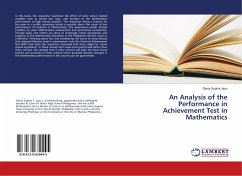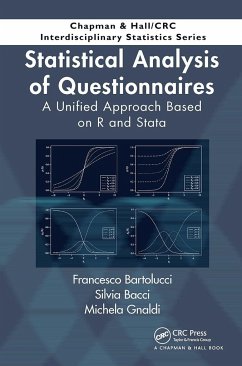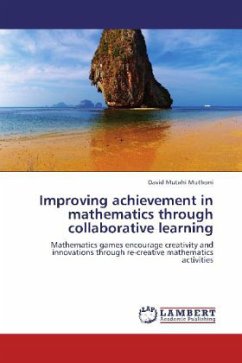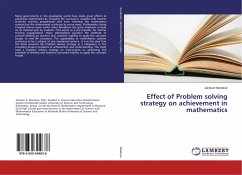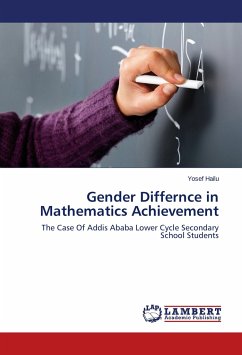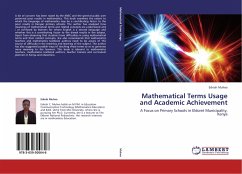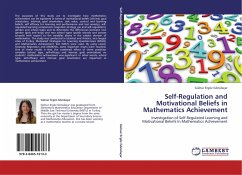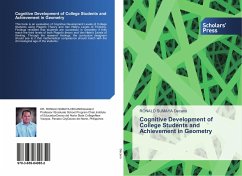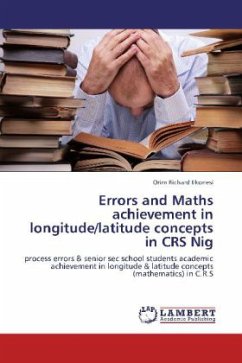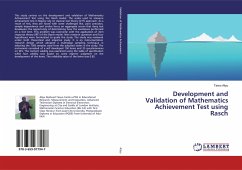
Development and Validation of Mathematics Achievement Test using Rasch
Versandkostenfrei!
Versandfertig in 6-10 Tagen
55,99 €
inkl. MwSt.

PAYBACK Punkte
28 °P sammeln!
This study centres on the development and validation of Mathematics Achievement Test using the Rasch model. The scales used to measure achievement test in Nigeria rely on classical test theory (CTT) approach. As a result of this, they are faced with some challenges like, poor precision, sample dependence and undue focus on aggregate scores that deny test developers the opportunity of determining how the examinees performed on a test item. This problem was overcome with the application of item response theory (IRT) of the Rasch model. Nine research questions and four hypotheses were formulated ...
This study centres on the development and validation of Mathematics Achievement Test using the Rasch model. The scales used to measure achievement test in Nigeria rely on classical test theory (CTT) approach. As a result of this, they are faced with some challenges like, poor precision, sample dependence and undue focus on aggregate scores that deny test developers the opportunity of determining how the examinees performed on a test item. This problem was overcome with the application of item response theory (IRT) of the Rasch model. Nine research questions and four hypotheses were formulated to guide the study. The study was reviewed under both theoretical and empirical study. It is an instrumentation research design which adopted a multistage sampling technique in selecting the 1500 samples used from the adopted states in the study. The instrument consisted of a self developed 150 items and 25 questionnaires on SES. The content validity was examined using the table of specification while face validity was based on some experts' judgment on the development of the items. The reliability value of the items was 0.85.



